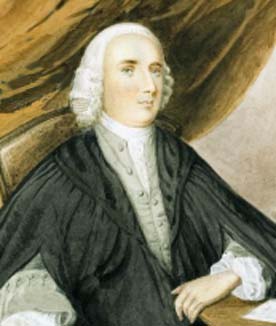There’s a moment in ‘Touching the Void’ when Joe, badly injured, describes his discovery of a meticulous ‘pattern of movements’; a way of travelling slowly but effectively across an inhospitable landscape. Ultimately he transforms a task that seems daunting - to say the least - into something that is achievable. Without wishing to compare the prospect of preparing students for their new English GCSEs to a perilous trek across icy terrain, it does feel as if Joe’s approach might have something useful to offer in terms of tackling the challenge of new specifications, particularly with regard to monitoring students' progress through the course and preparing them for the terminal assessment.
Read More






